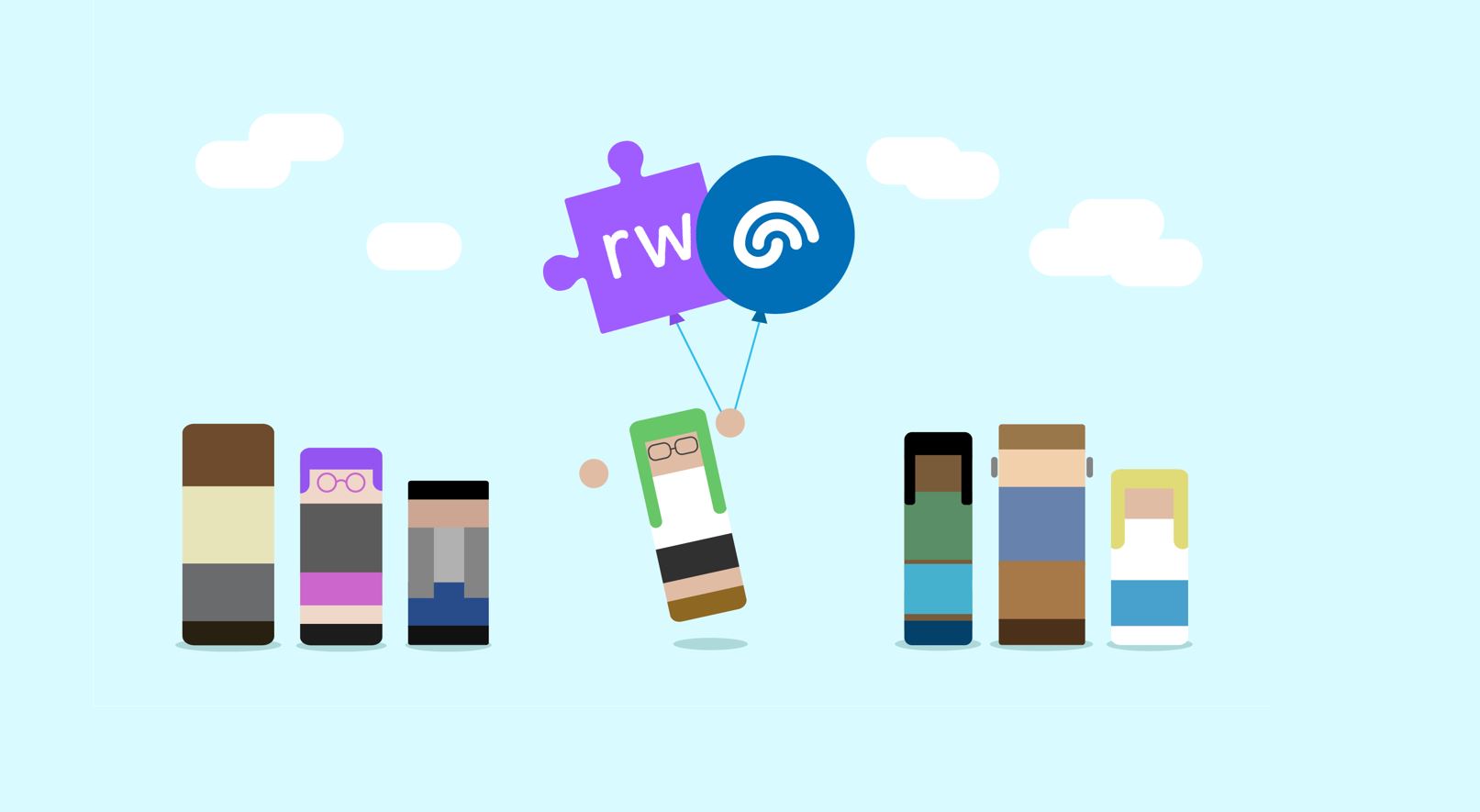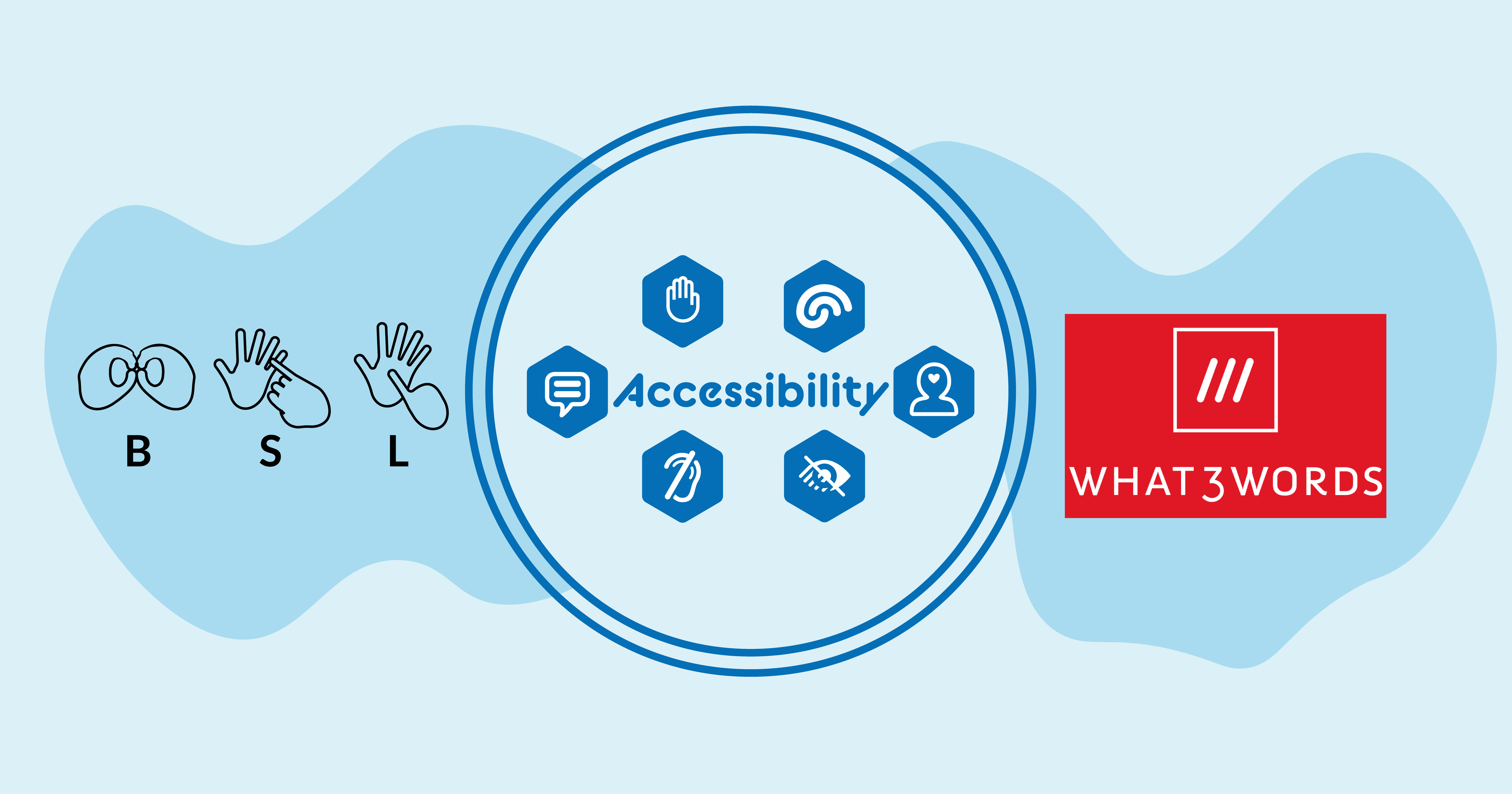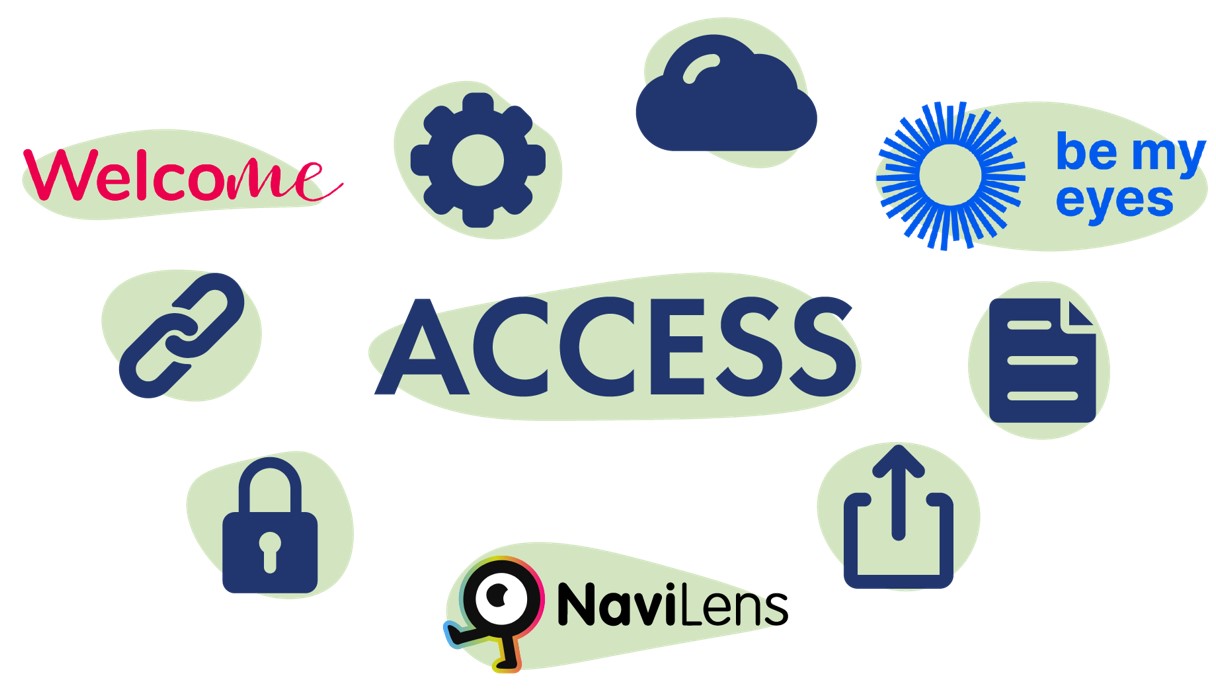Using data to effectively manage inclusive learning for your entire institution – whether on campus or not.
As higher education moves into the era of hybrid learning, there has never been a greater need for a holistic approach to assistive technology and mental wellbeing support. CEO Andy Gough of Learning Labs, looks at the need for data to mitigate the effects of remote learning, as well as supporting the new pathway to learning of the future.
Looking ahead with a hybrid of human-digital learning
The future for higher education provision is looking increasingly hybrid. The last few years have provided plenty of practice for this blend of on-site and remote learning approach. However, if this is to become accepted as the new normal moving forward, then the next unprecedented challenge is to also provide engaging and inclusive educational experiences and maximise wellbeing, all within a hybrid learning format.
The global population’s sentiment has been diverging, with expectations, perceptions and behaviours having all shifted as a result of COVID-19 (McKinsey, 2020). During the pandemic, the consumer world accepted a lower level of service from all industries because that human connection we naturally crave (something we now no longer take for granted) was not possible. Moving out of lockdown restrictions, the higher education sector was tasked with not only delivering the educational goods, but also delivering on customer satisfaction in a format and at a level not tested before. No longer will consumers accept that certain aspects of service are currently unavailable – there is now a greater expectation that service providers will innovate online – because consumers want more choice, support and care in every area of their lives.
In higher education, the need for greater accessibility and wellbeing support is more in demand than in any other sector.
In terms of accessibility, individual students can apply for Disabled Students Allowance (DSA) and receive recommendations for a variety of assistive technology solutions, training and e-learning. However, not every student is aware of this and not every student qualifies, but most would still benefit from this level of support. Universities are responsible for providing reasonable adjustments to ensure an inclusive learning environment for all, and finding solutions that create real value across a broad spectrum of needs can be challenging.
There has also been an increase of 450% of students declaring a mental health issue on their UCAS application over the last decade, and UCAS say there is still more to be done in removing the stigma surrounding such a declaration, as they believe this statistic should be higher (Starting the Conversation: UCAS report on student mental health, June 2021).
Furthermore, the lesser talked about, but still equally important wellbeing support, is for staff in higher education. Staff who, under increased pressure to deliver outstanding educational provision, also need to be considered in an inclusive mental wellness programme themselves. This can all add up to being a daunting task for higher education providers to achieve successfully.
How can data support student mental wellbeing?
Mental wellbeing has become too big of an issue in higher education to manage without being able to look at data. There is an abundance of services, apps and resources, both free and paid-for, that higher education providers can use to support students and staff in mental wellbeing. But without raw data and understanding relating to markers of mental wellness, there is neither the means of measuring it, nor tailoring guidance that directs individuals to the right resources at the right time. Ultimately, resources are great but without strategy, measurement and evaluation, who’s to say if any of it pointing in the right direction or working at all?
Spotting this need for simple measurement of mental wellness we (Learning Labs) began working on our own mental wellness portal to be able to collect and extract this type of data, and most importantly to turn it into information. We teamed up with mental wellbeing research experts at the New Economic Foundation (NEF, who have previously worked with the NHS and Mind), and created a new concept for understanding and managing mental wellness called The Six Domains of Mental Wellness™.
The Six Domains explains there are six different influences in our lives that can impact our overall wellbeing; the impact of this is that an individual can assess their mental wellness status in each of the Six Domains, they can then take digital Action Labs to help them maintain and improve in each of the Six Domains. Breaking down a daunting subject of mental wellness into six simple parts makes it more manageable at an individual level.
Then, at a total institution level, higher education providers can access a dashboard of anonymised data that shows them the current status of mental wellness across their entire population. Progress can be tracked, and evidence can be shared with key stakeholders (think: reports for parents by term and year, for example).
Looking at the bigger picture (outside of individual learning and single institution needs) there is an opportunity to uncover unknown data trends in student mental health across the UK. By understanding mental health in relation to demographics or geography, we could create benchmarks for what successful mental wellbeing support in higher education should really look like. To date, we have released our first ever HEI Wellness Index for UK universities in 2022, follow the link to download the free report.
How can e-learning support accessibility and inclusive learning?
Statistics show that people with learning disabilities are more likely than neurotypical people to also have mental health issues. This is why Learning Labs offers bite-sized e-learning tutorials (or as we call them, Labs) on assistive technology, study and career skills, accessibility tools and mental wellbeing – all in one holistic digital platform.
Online support is the obvious solution, but it is not the single solution and ensuring you have access to real-time data is only when it becomes a worthwhile investment. With access to more digital tools, the possibility of personalising support is even greater. Granted, there will be less face-to-face support, but that’s where digital solutions can help maintain that personal connection between professional and student, meeting the new post-pandemic world expectation, even when students are learning remotely, off-site. Just as learning is taking a hybrid approach, the holistic solution to inclusive learning should also be based on a hybrid framework of human, digital and other resources – led by the data.
I’ll leave you with something my colleague Rosie Maguire, associate at the New Economic Foundation recently explained to me about understanding the challenges facing students today: “As we move through the different stages of our lives, we encounter changes and challenges that evidence shows can impact our mental wellbeing. Students starting university often go through these life-change events all at the same time; moving house, navigating independent living, becoming financially (more) independent, starting a new course, making new friends etc.”
When you consider how starting university is in fact a cluster of life-changing events, it is easy to see how this segment of young people can struggle – there are simply too many major events occurring with this one move. Offering a holistic, inclusive digital solution to inclusive learning can be the thing to just help move the dial on attainment in our current era of hybrid learning.
Other blog articles











